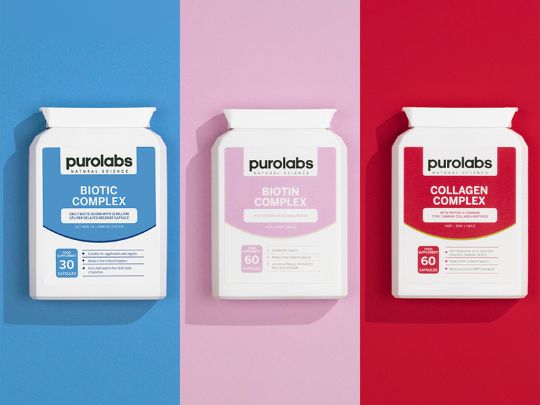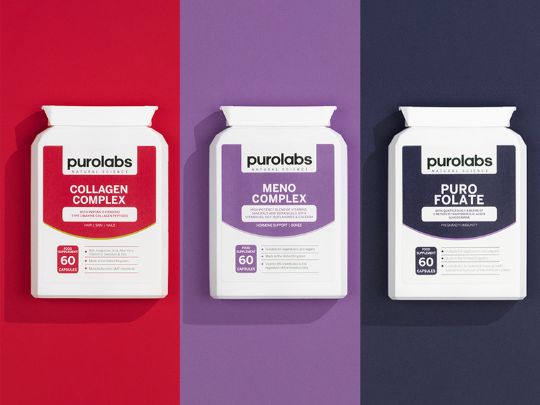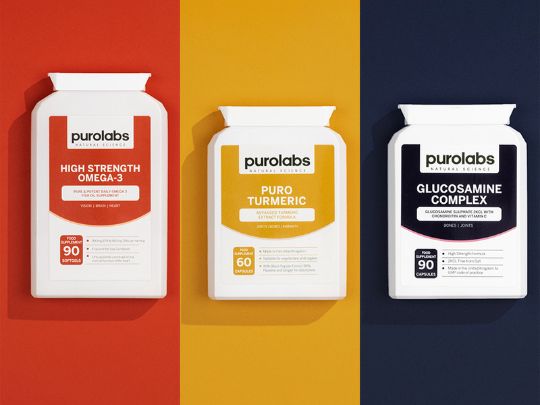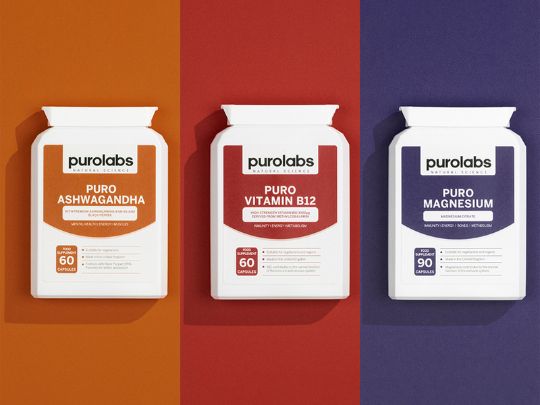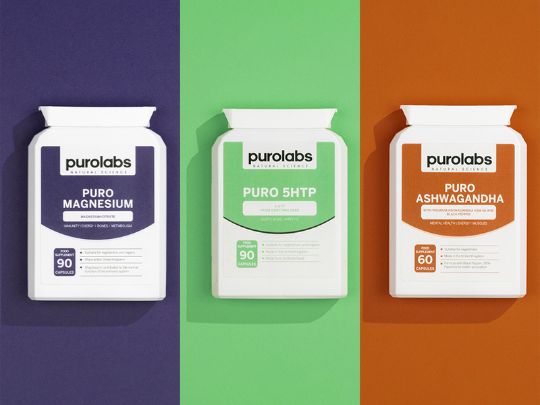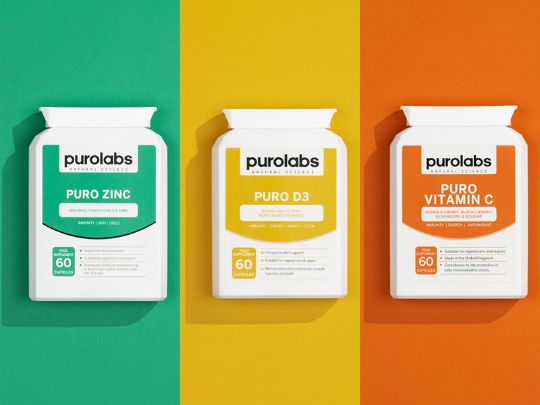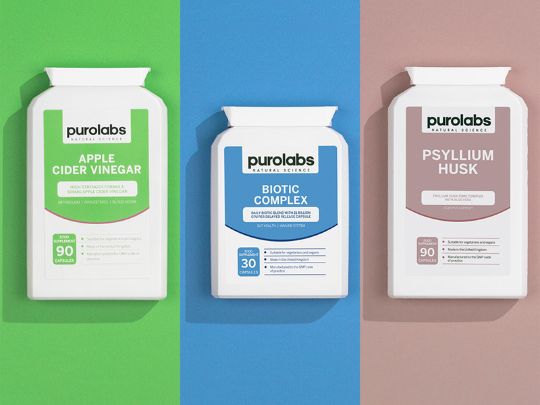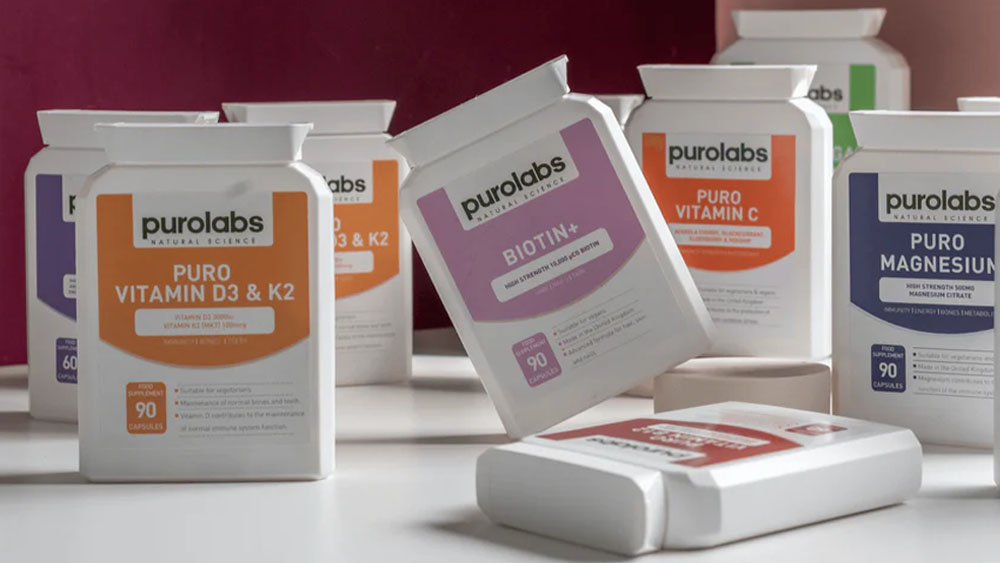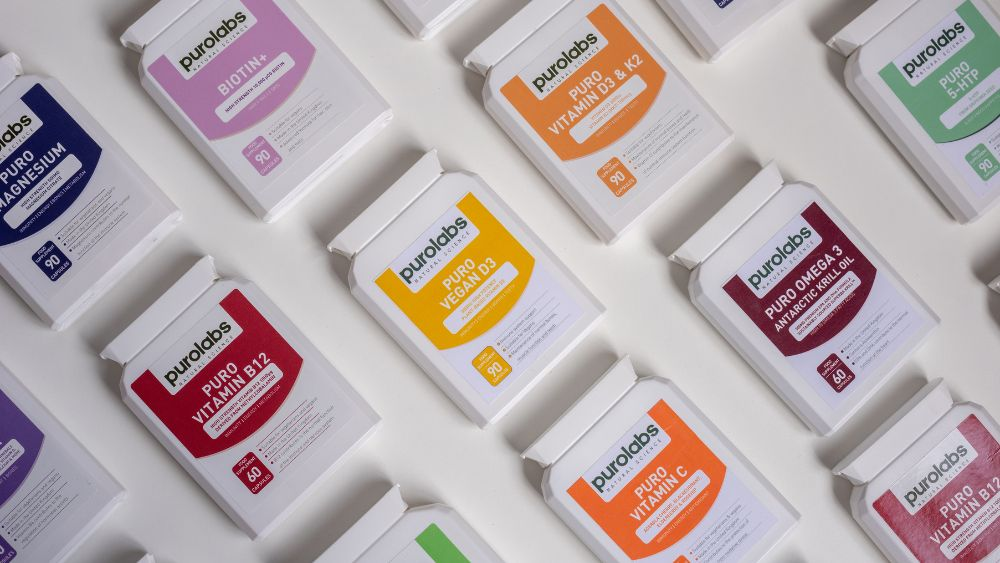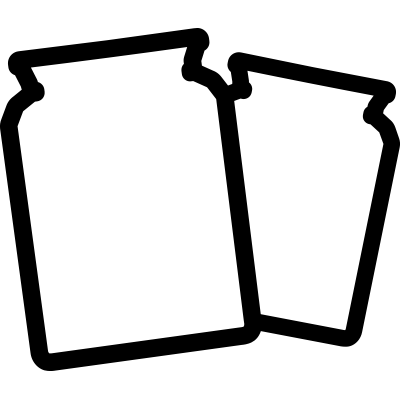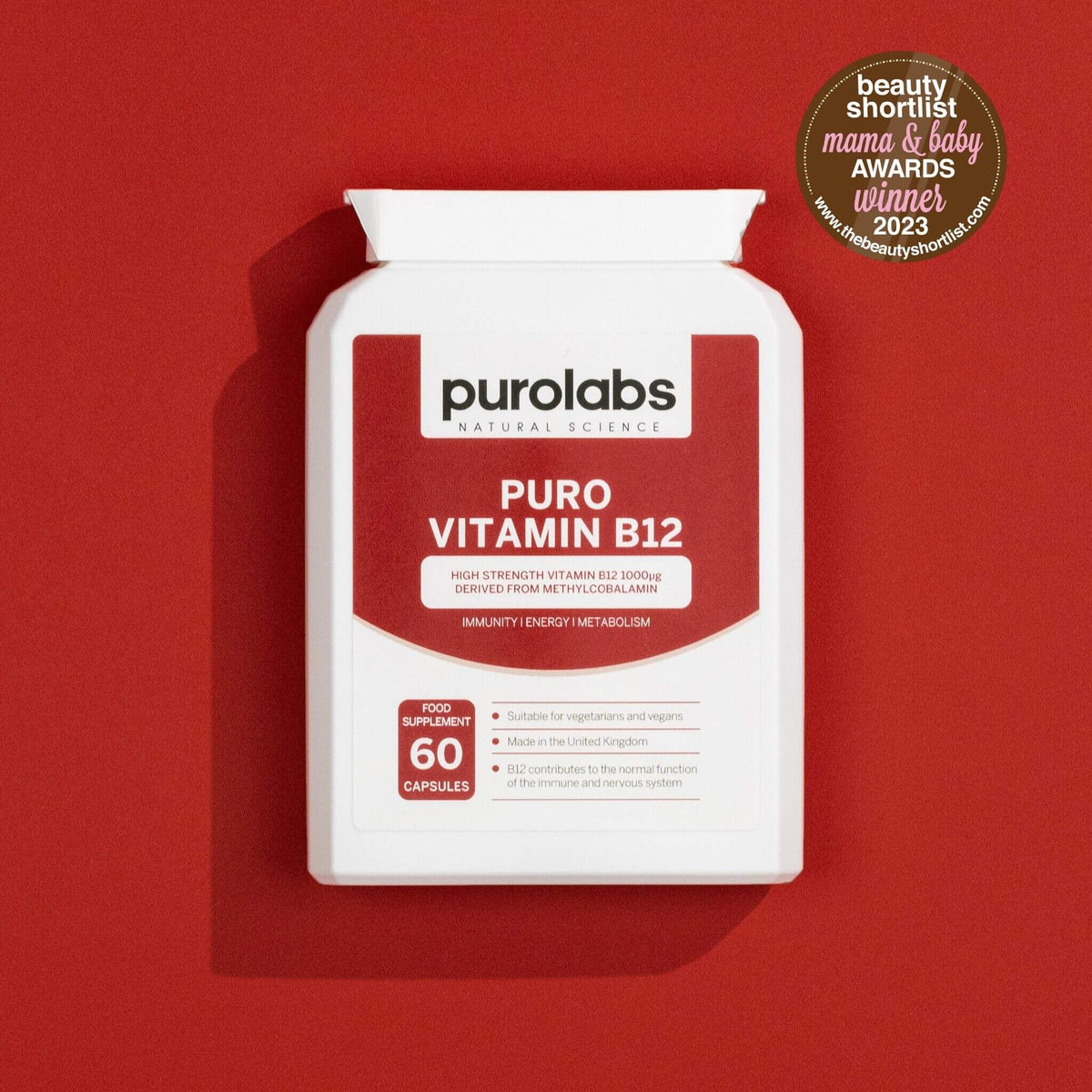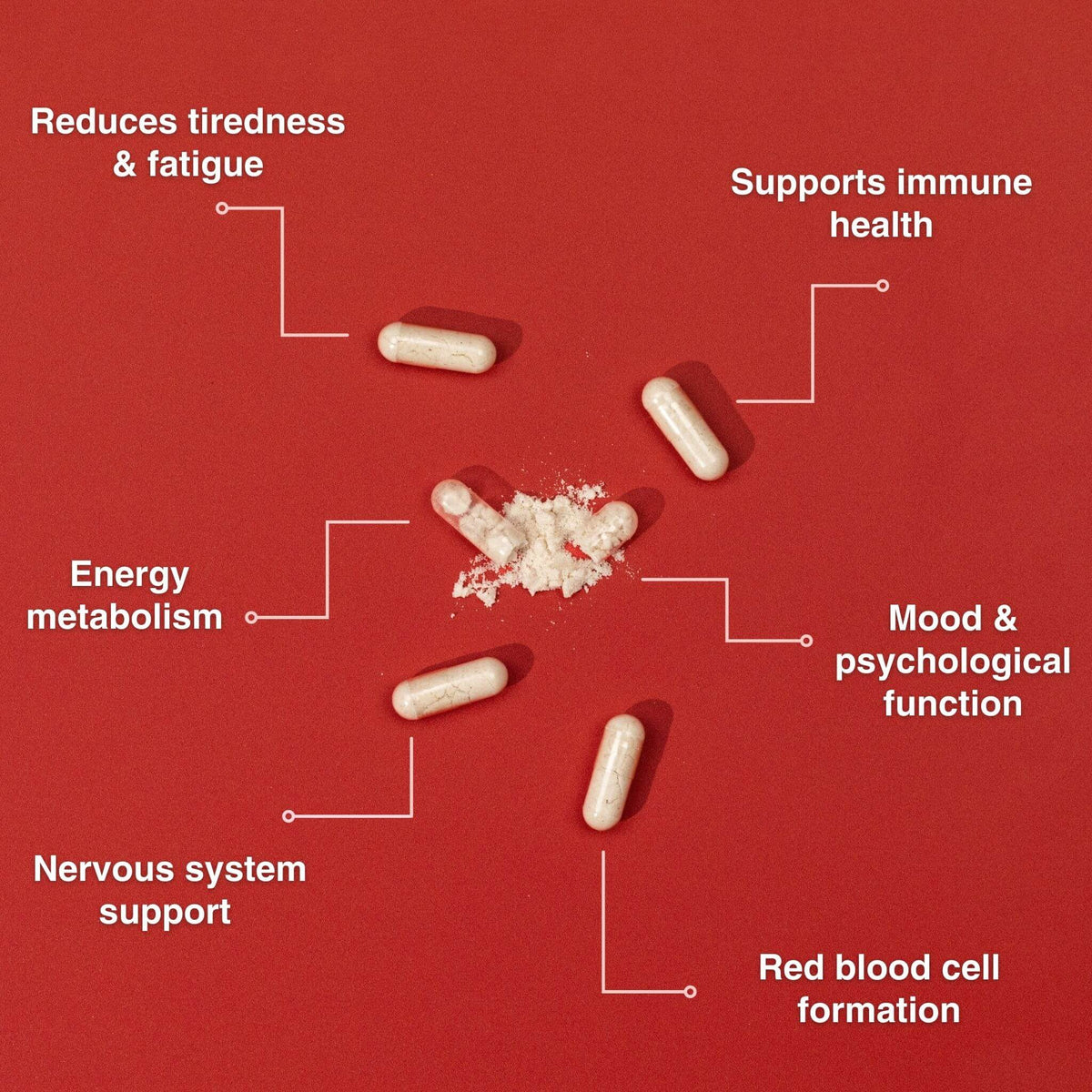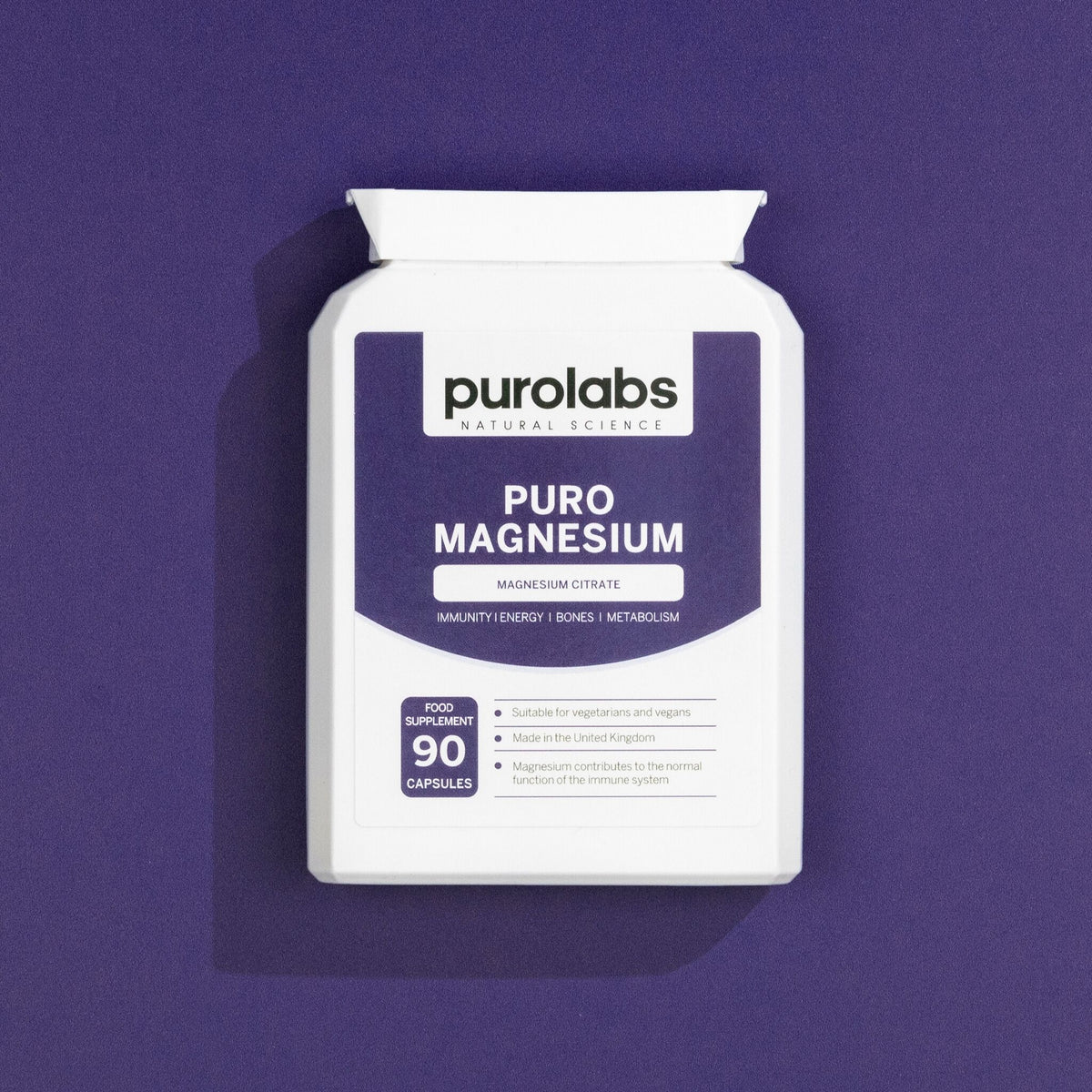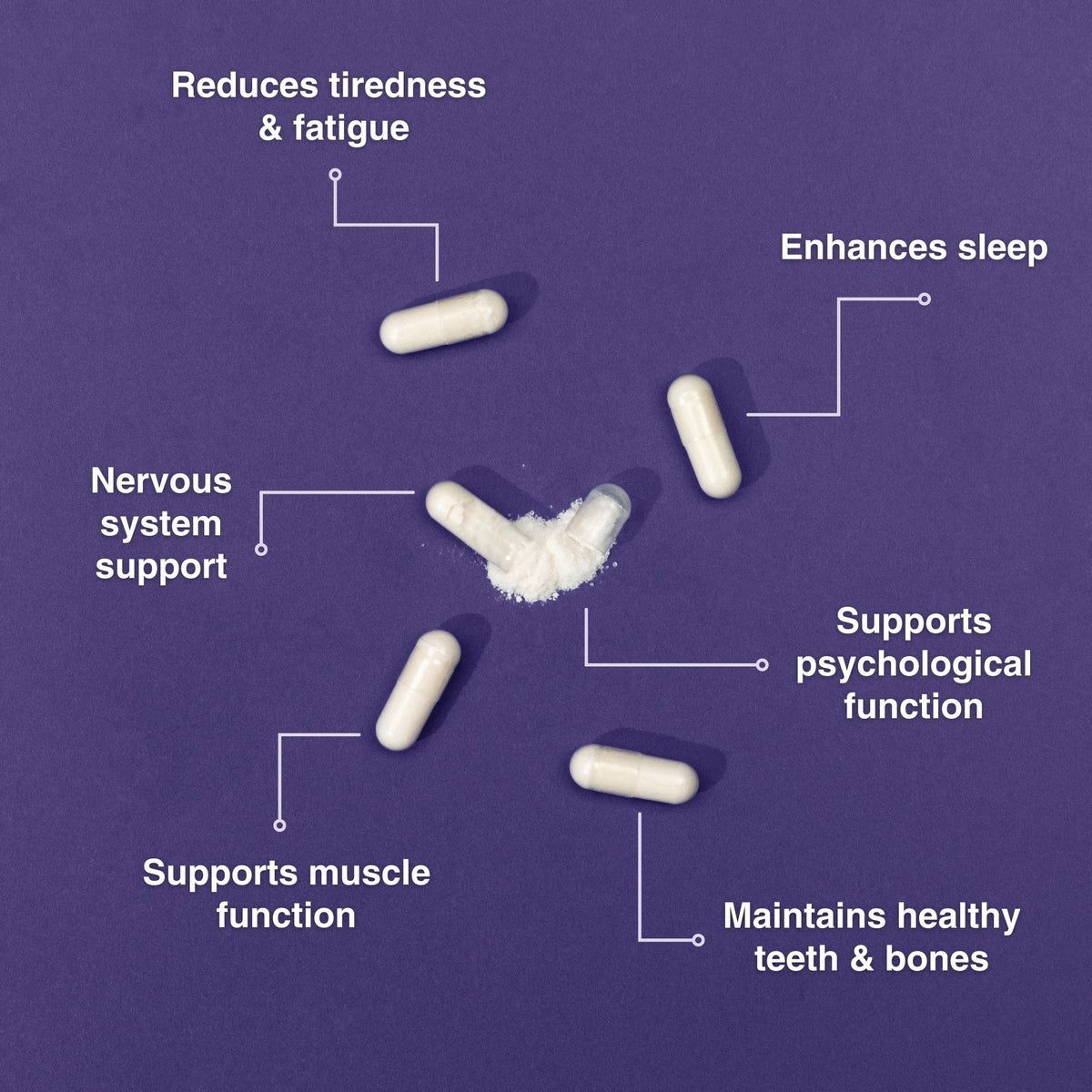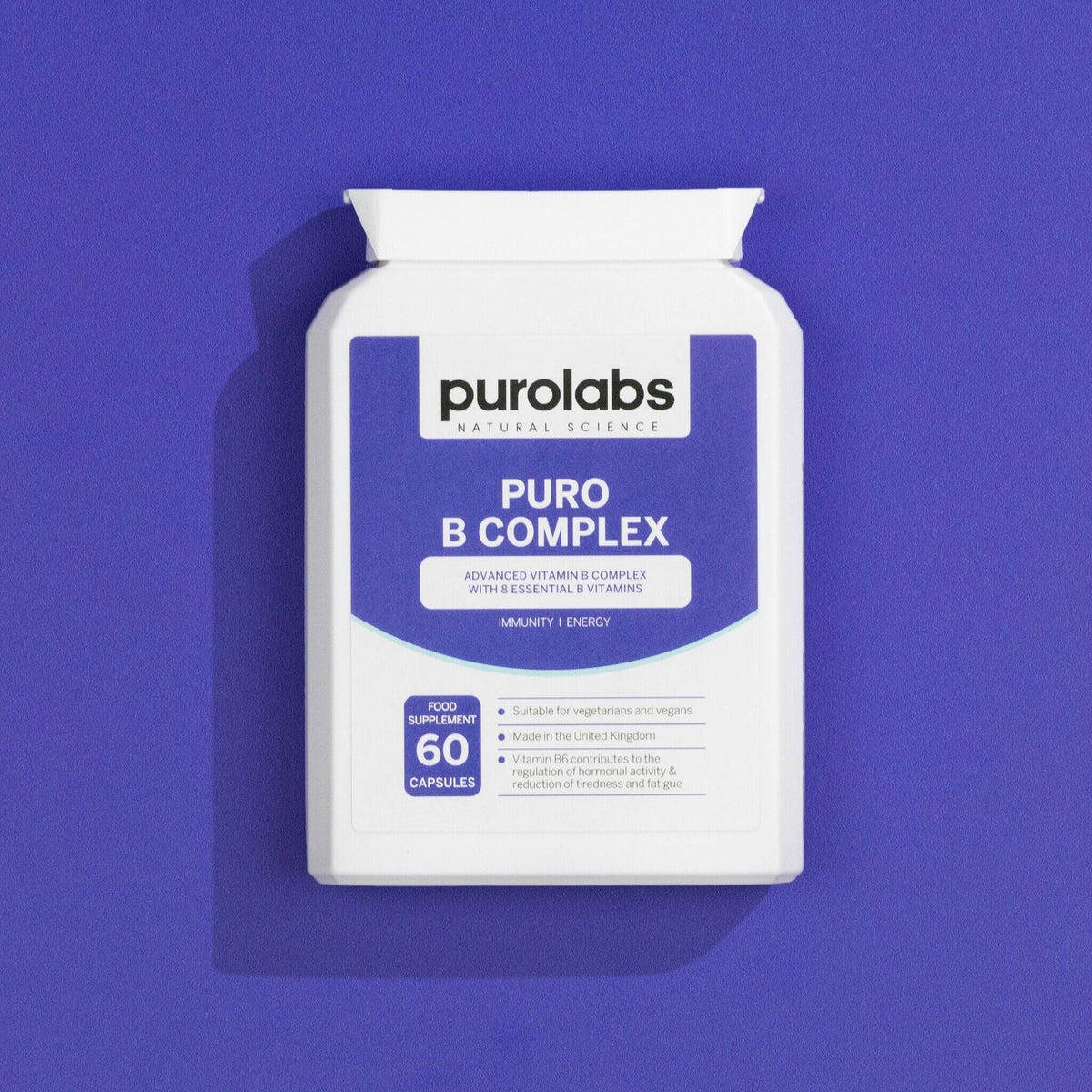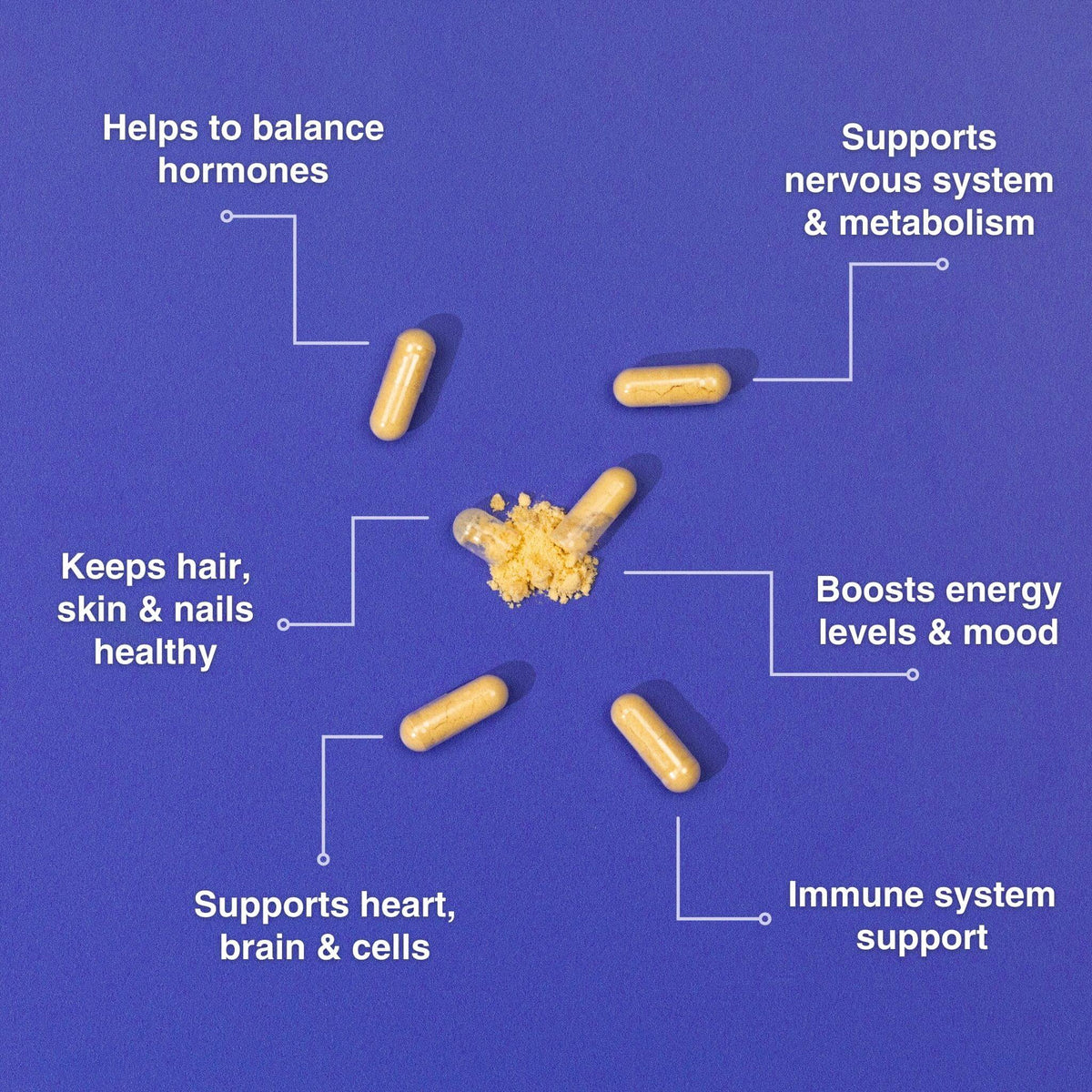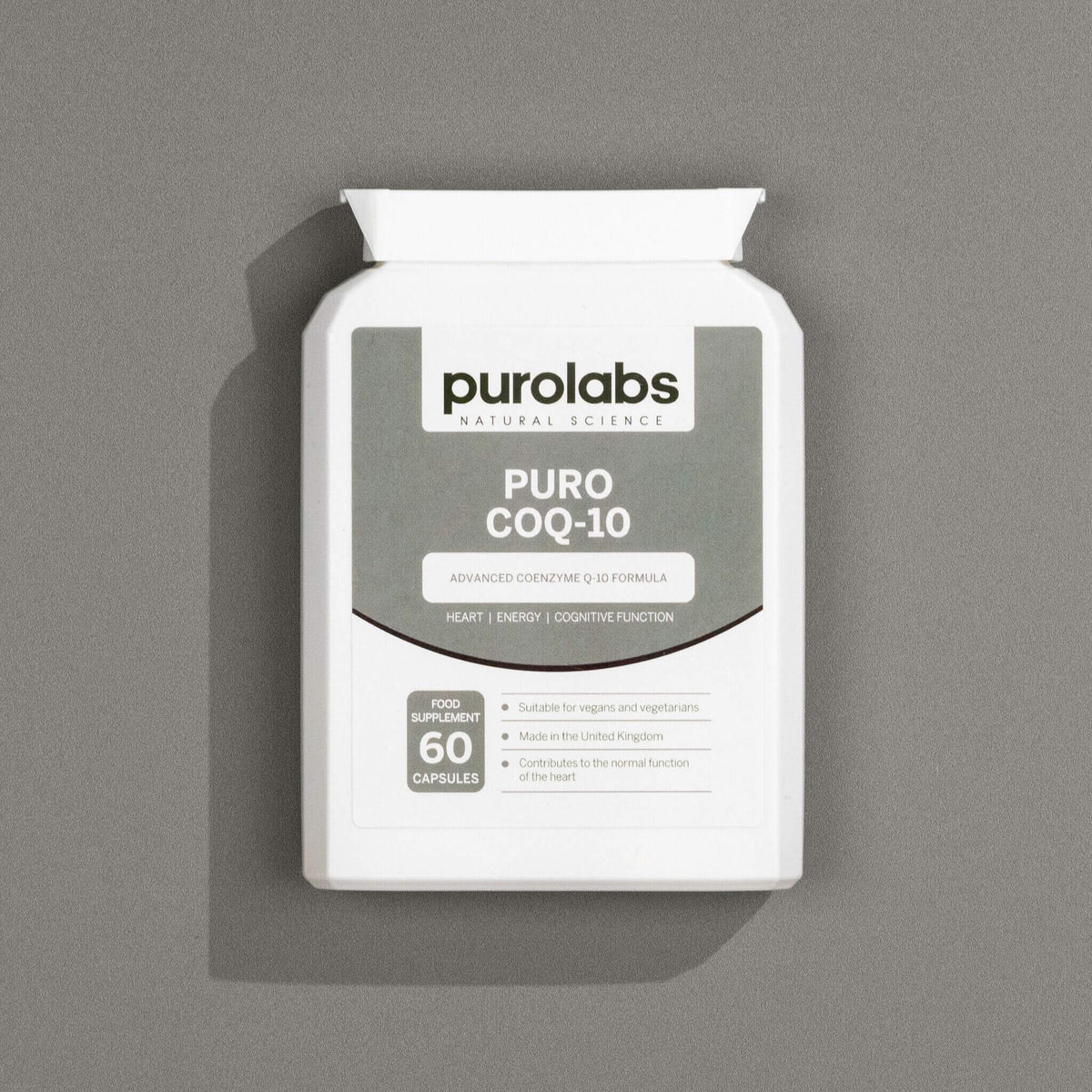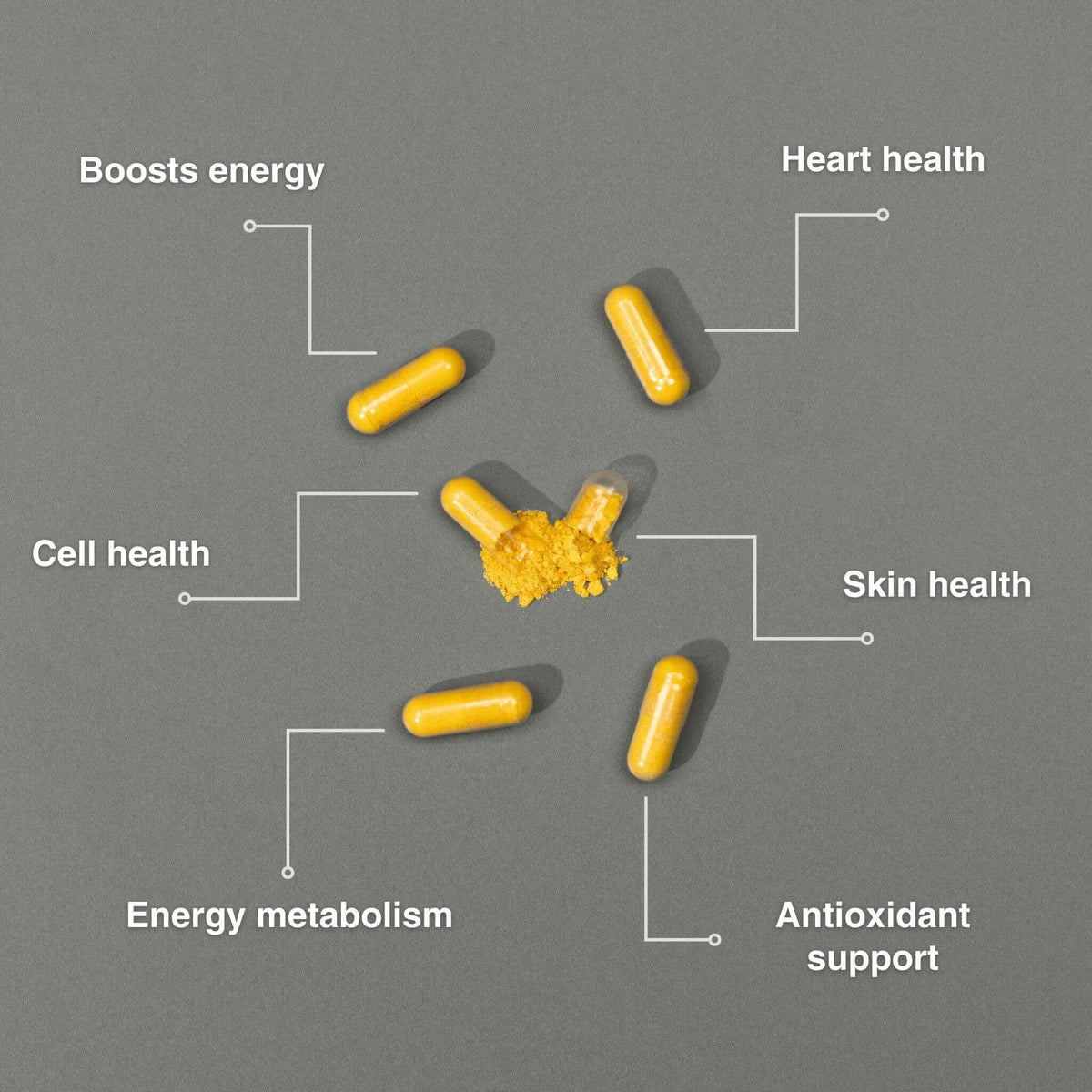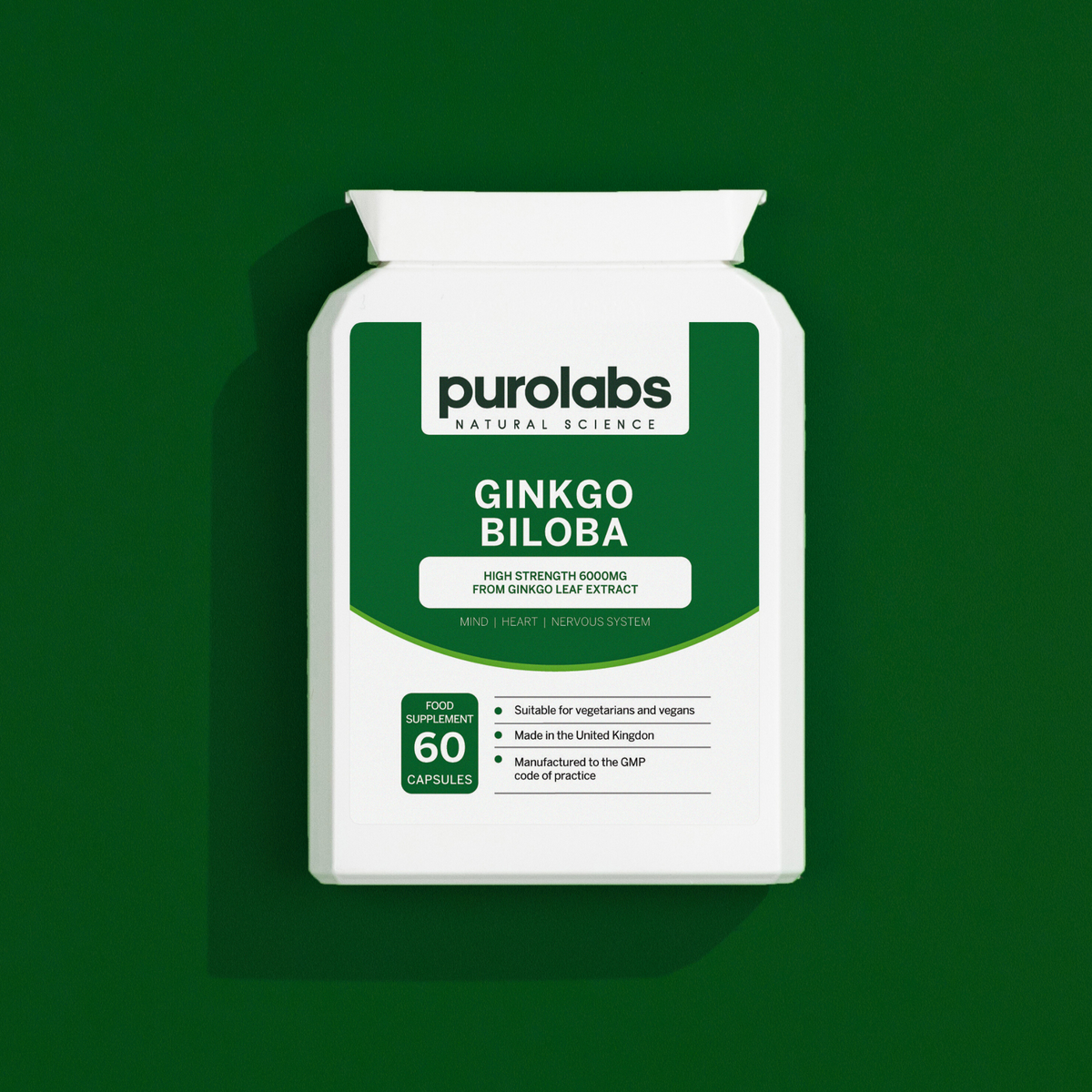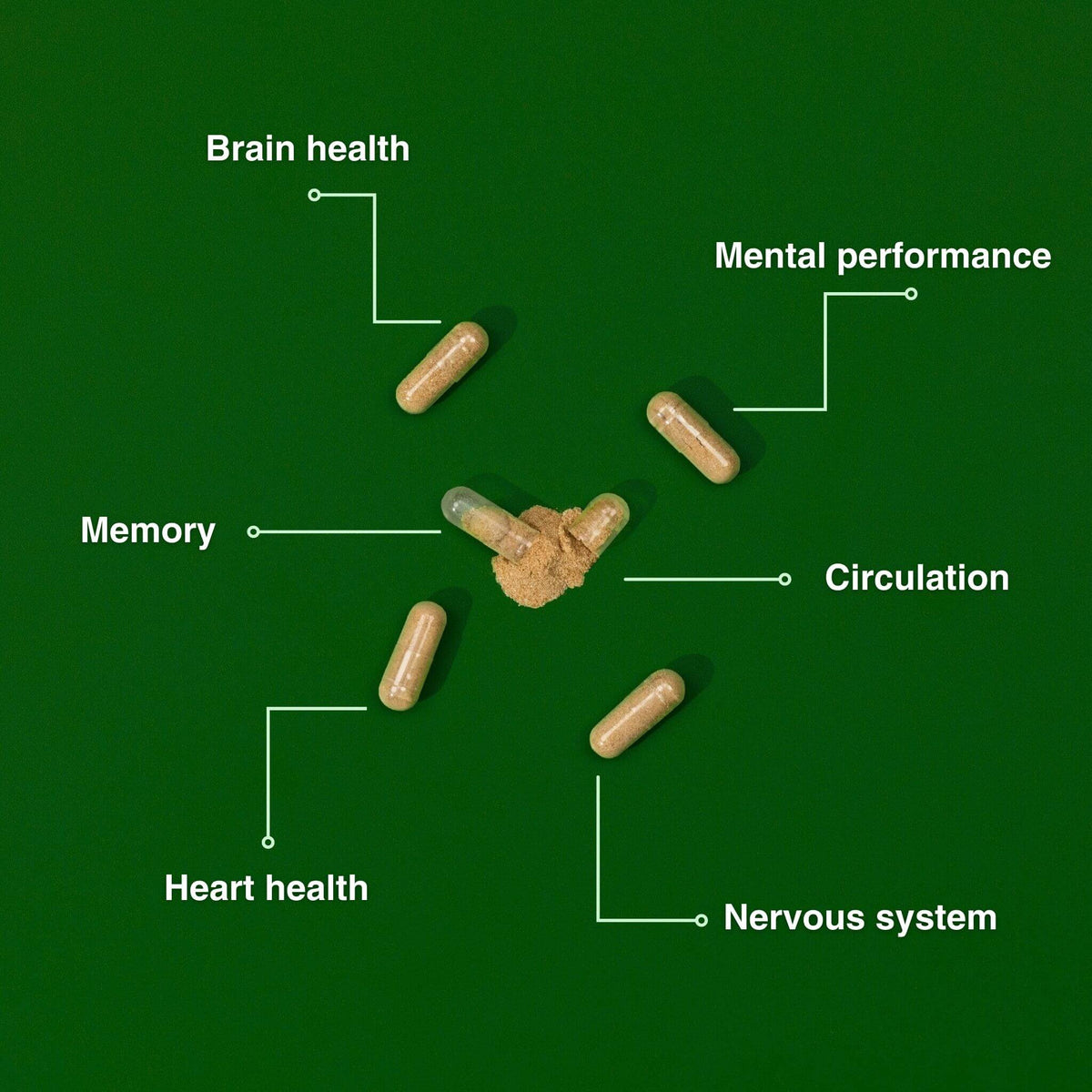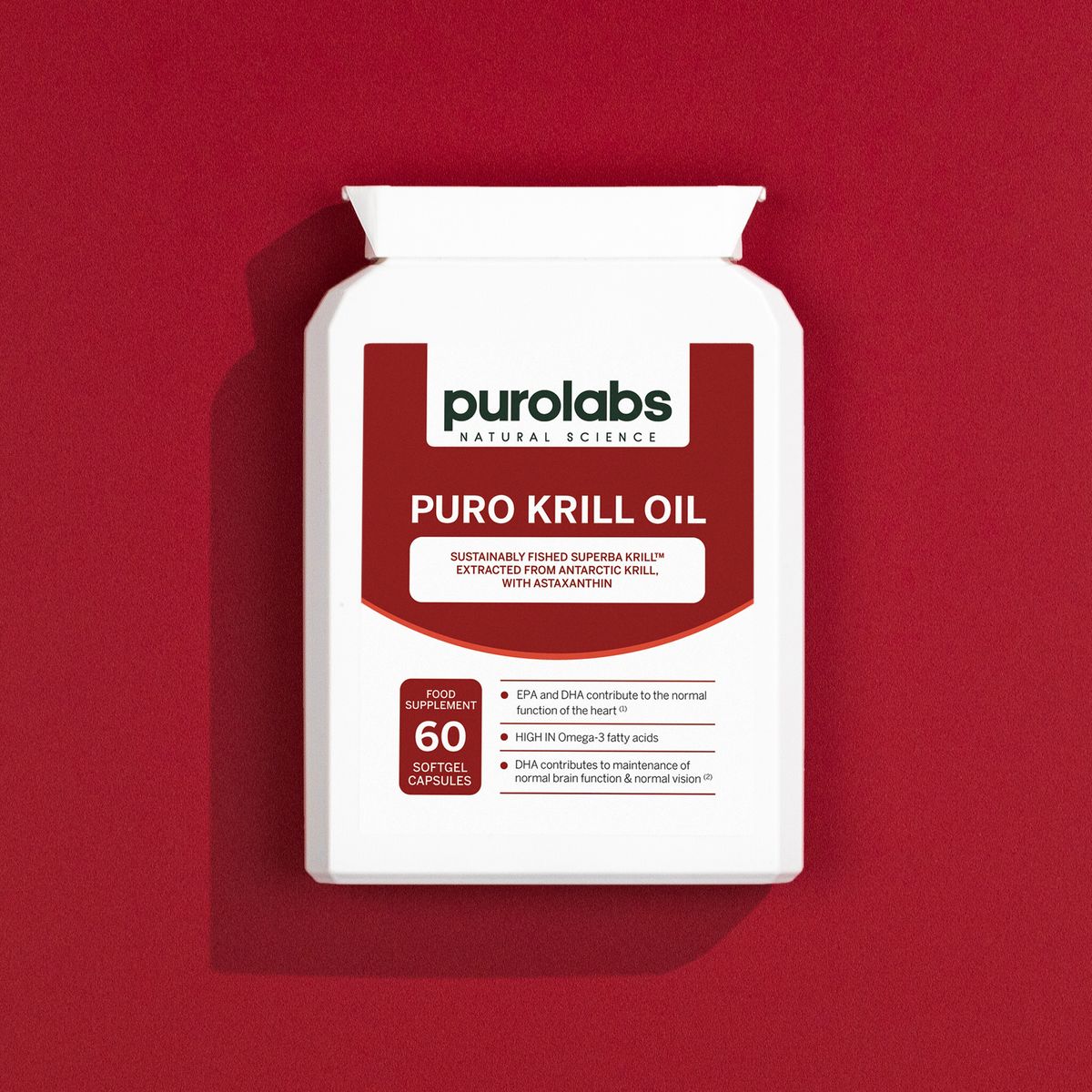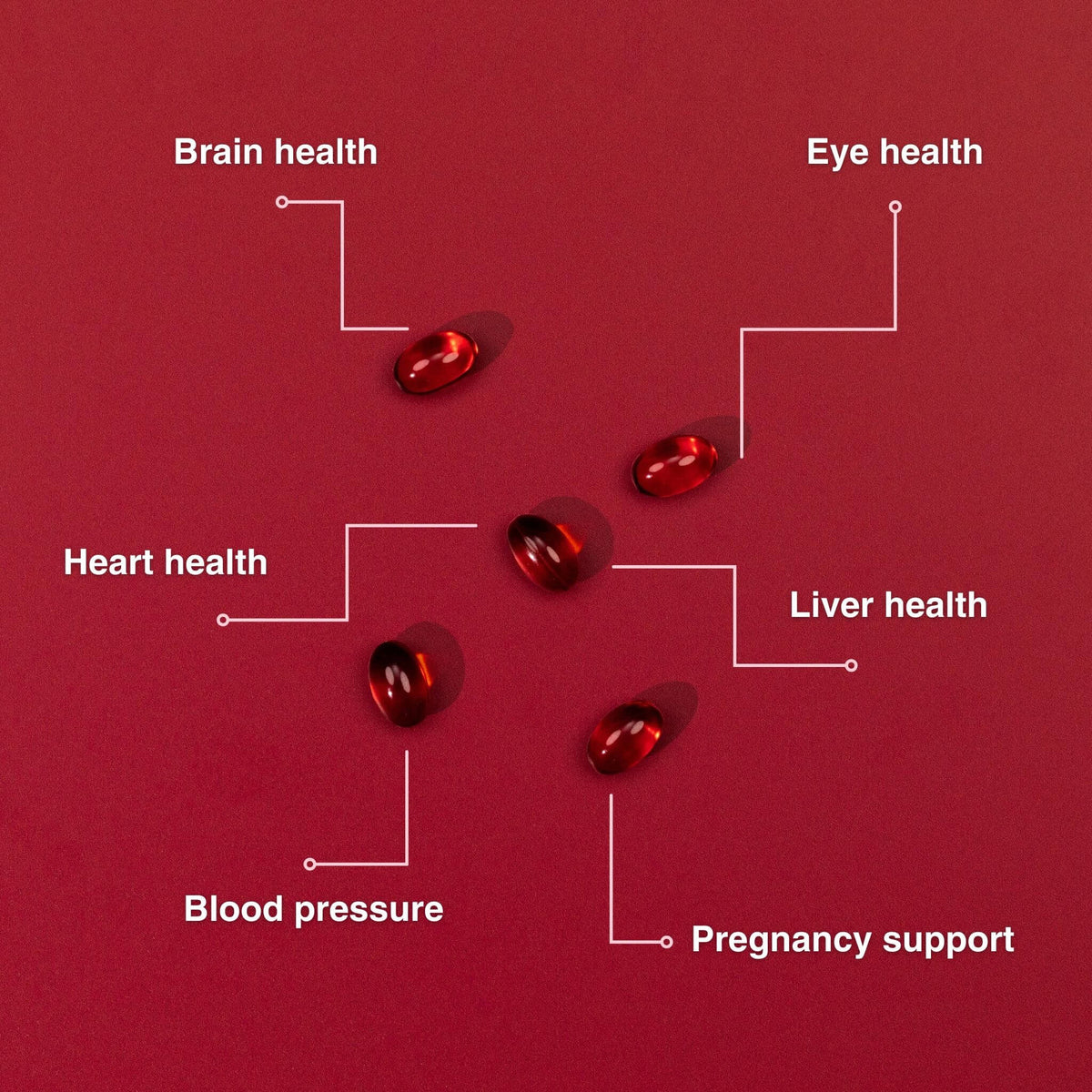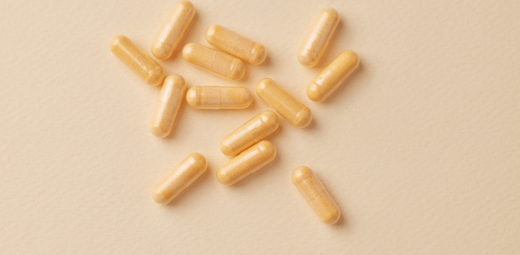
Supplements for Heart Health

Supplements for Heart Health
Filter
Filter
Our hearts are one of the most important organs in our body. They are responsible for pumping blood to all parts of our body. Heart health supplements can help you keep your heart healthy and strong.
Over the average lifetime, the heart beats 2.5 billion times, transporting millions of gallons of blood to every portion of the body. The first thing to know is that the heart is a muscle—just like any other muscle in your body. If you exercise it and keep it strong, you can prevent many common problems with your heart. You should also make sure you're getting the right nutrients, like vitamins A and C, which help reduce inflammation in your arteries.
Your heart beats about 100,000 times every day and pumps about 2,000 gallons of blood through your body. That's enough to fill an above-ground swimming pool! You can help keep your heart healthy by eating a balanced diet and staying active:
- Eat fish at least twice a week. Salmon, tuna and trout are high in omega-3 fatty acids, which can help lower your blood pressure and reduce inflammation in the body. Some studies have also shown that eating fish may lower your risk of developing heart disease or having a stroke.
- Get enough fiber. Whole grains like brown rice, barley and oats are good sources of fiber, which helps keep cholesterol levels down and reduces constipation—a major risk factor for heart disease.
- Drink alcohol in moderation (one drink per day for women; two drinks per day for men). Studies have shown that drinking excessively increases your risk of developing high blood pressure, which can lead to stroke or heart attack over time if left untreated.
What Can I Do to Prevent Heart Disease?
Reduce your risk of cardiac problems by exercising regularly and including heart-healthy nutrients in a balanced diet.
Increase your consumption of fruits and vegetables, as well as limit saturated fat intake to help lower cholesterol and blood pressure levels. Omega 3 fatty acids, fiber, monounsaturated fats, folate, and potassium are some of the most protective heart health tablets that can promote heart health.
1. Omega 3 Fatty Acids: Omega 3 fatty acids are required fats our bodies can't produce, so we must get them from meals. They aid in the production of hormones that control blood clotting, artery wall constriction and relaxation, and inflammation. They also assist in the reduction of heart disease, blood clots, and inflammation, as well as blood triglycerides and blood pressure. Salmon, tuna, mackerel, anchovies, and lake trout are the greatest sources. Non-fish sources include nuts (particularly walnuts), vegetable oils, flaxseed, and green vegetables.
2. Fiber: Fiber is a type of carbohydrate that may help to reduce blood pressure, cholesterol, and blood sugar levels. Fiber also aids in the maintenance of a healthy digestive system by filling you up and keeping you satisfied. Only plant-based foods contain fiber. Whole grains, fruit, vegetables, beans, nuts, and seeds are all excellent sources of fiber.
3. Monounsaturated Fat: Some of these fats are useful in heart health when they take the place of saturated fats. Monounsaturated lipids, for example, are liquid oils at room temperature (olive oil) and saturated fats are solid (butter). Monounsaturates lower bad cholesterol levels while preserving cell integrity and providing vitamin E, an antioxidant. Avocados, nuts, seeds, peanut butter, and plant-based oils including olive oil and canola oil all contain this nutrient.
4. Folate: People who ate more folate in their diet had less heart disease, according to some studies. Folate aids in the breakdown of homocysteine, an amino acid related to heart disease and peripheral artery and vascular disease. Instead of supplements, eat foods high in folate, such as citrus fruit, dark leafy greens, grains, and beans.
5. K2: A vitamin that is important in the production of antibodies and immune cell activation. Vitamin K2 deficiency has been linked to an increased risk of infection.
6. Potassium: Potassium is critical in managing high blood pressure since it can counteract the effect of salt on blood pressure. Potassium helps to relax blood vessels, which lowers blood pressure. Bananas, potatoes, tomatoes, avocados, and prunes are all excellent sources of potassium.
Frequently Asked Questions:
A: A lot of people think that a healthy heart is just about eating well and exercising, but it's not that simple. You need to make sure you're keeping an eye on your stress levels, too—stress can be really damaging to your health. Here are some quick tips:
- Try meditating for 15 minutes every day. It'll help you control your stress levels and help keep them from getting too high.
- Make sure you get enough sleep—and if possible get an hour or two more than the recommended amount!
- Try not to overwork yourself—you should take regular breaks during the day (even if they're just 5 minutes) so that you don't end up burning out or getting sick.
A: When you have heart failure, it implies your heart isn't operating as well as it should and is having trouble transporting blood throughout your body. Signs of heart failure include shortness of breath and edema (fluid retention) in your ankles or feet. You may also have a hard time sleeping or feel like you need to sleep in a recliner rather than in your bed. Because of heart disease, your blood is not being carried through your body effectively.
A: Walking, jogging, and dancing are all excellent methods to improve your heart strength.
These healthy heart tips will help you keep your ticker in tip-top shape.
1. Eat a balanced diet with lots of fruits and vegetables.
2. Exercise for at least 30 minutes every day, but more is better.
3. Get plenty of sleep so your body can repair itself and stay healthy.
4. If you smoke or drink too much alcohol, quit!
100% Happiness Guarantee
If you're not completely in love with your product, we'll refund you in full within 60 days.
Clean Label
No hidden nasties - just pure and potent 100% natural ingredients.
Fast & Free Delivery
We dispatch all orders within 24 business hours.


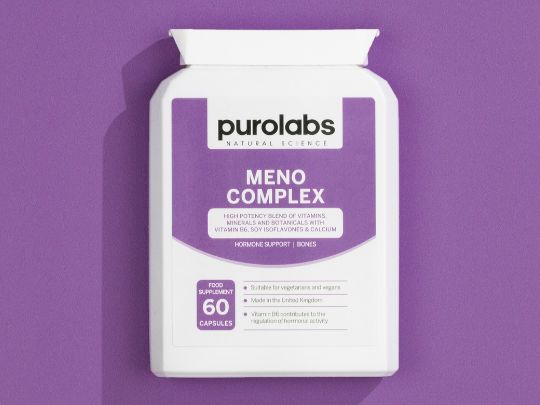
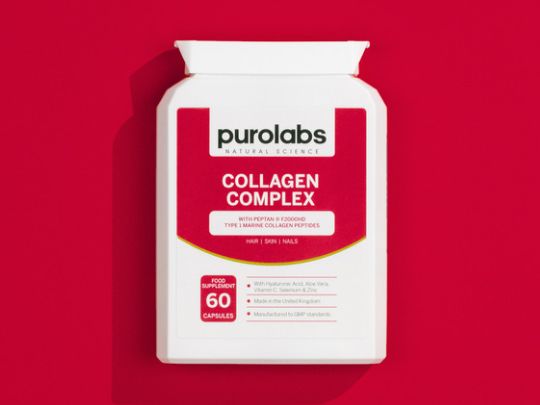
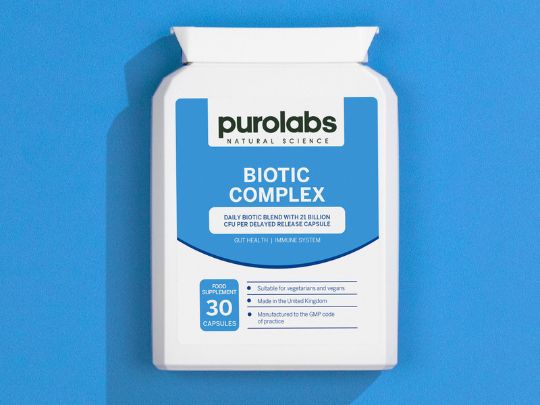
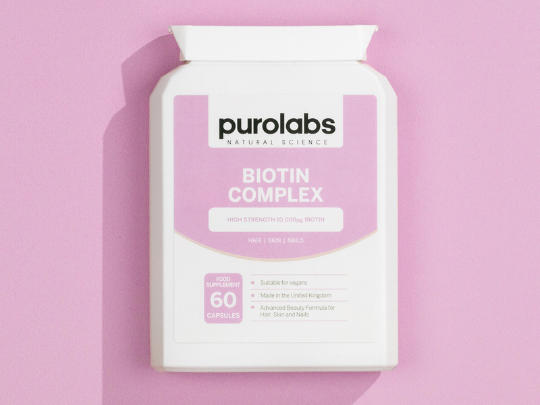
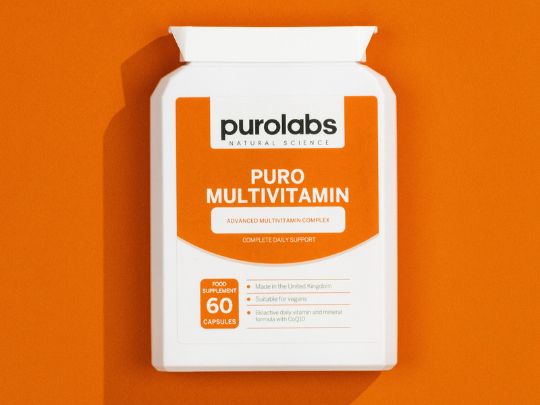
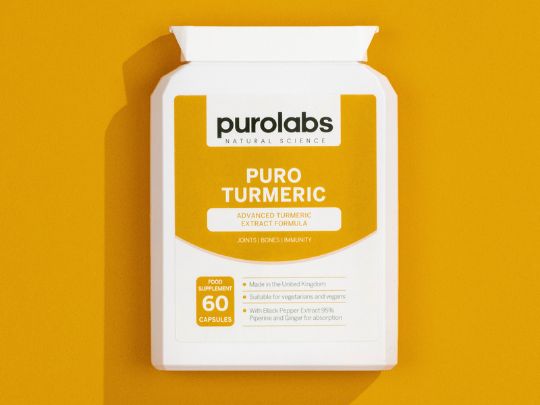
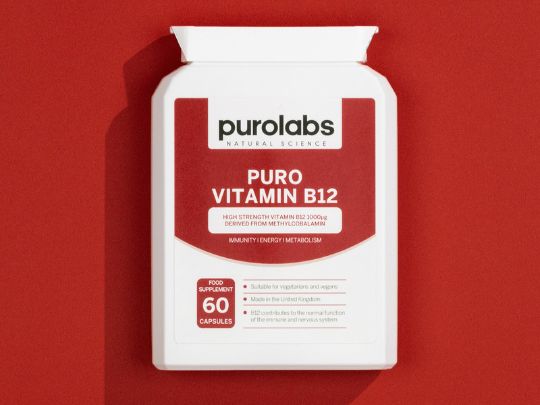
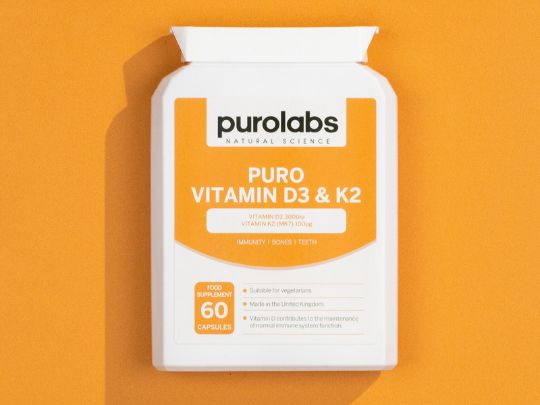
 Bone Health
Bone Health
 Brain Health
Brain Health
 Energy
Energy
 Eye Health
Eye Health
 Gut Health
Gut Health
 Hair
Hair
 Heart Health
Heart Health
 Immunity
Immunity
 Joint Health
Joint Health
 Menopause
Menopause
 Pregnancy
Pregnancy
 Sleep
Sleep
 Skin
Skin
 Stress
Stress
 Men
Men
 Women
Women
 Beauty
Beauty
 Hormonal Health
Hormonal Health
 Sports
Sports
 Vegan
Vegan
